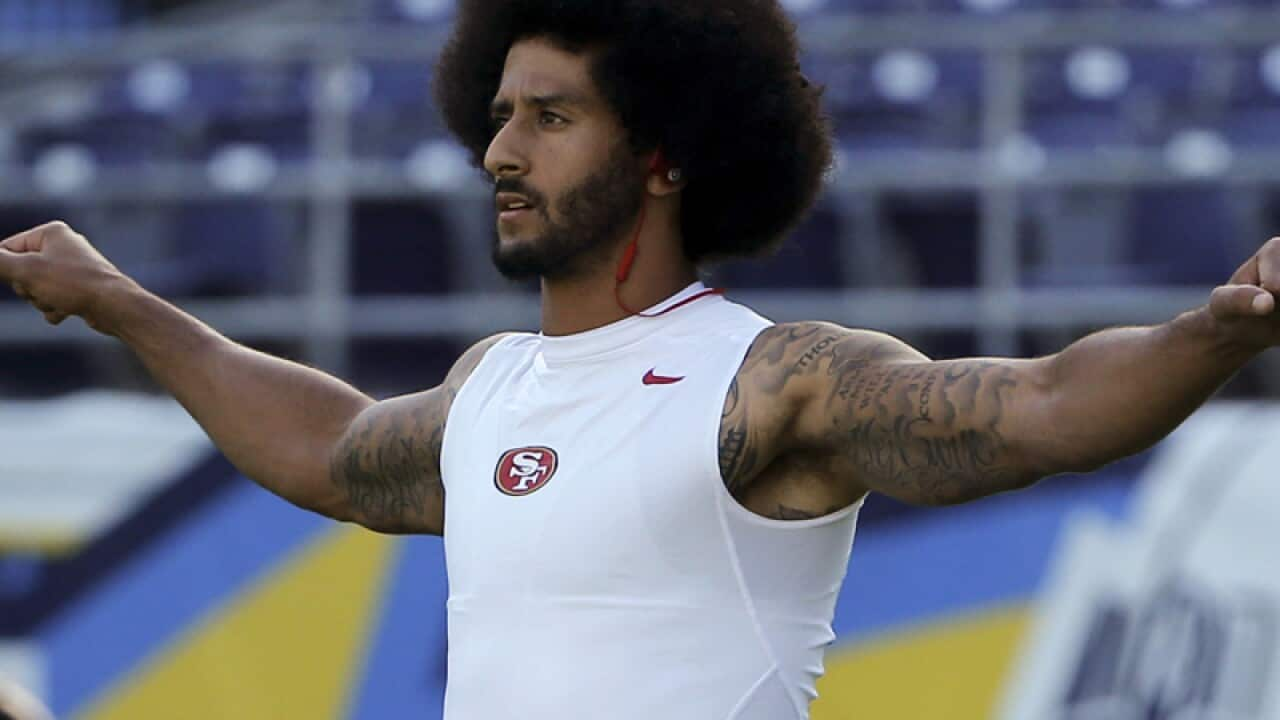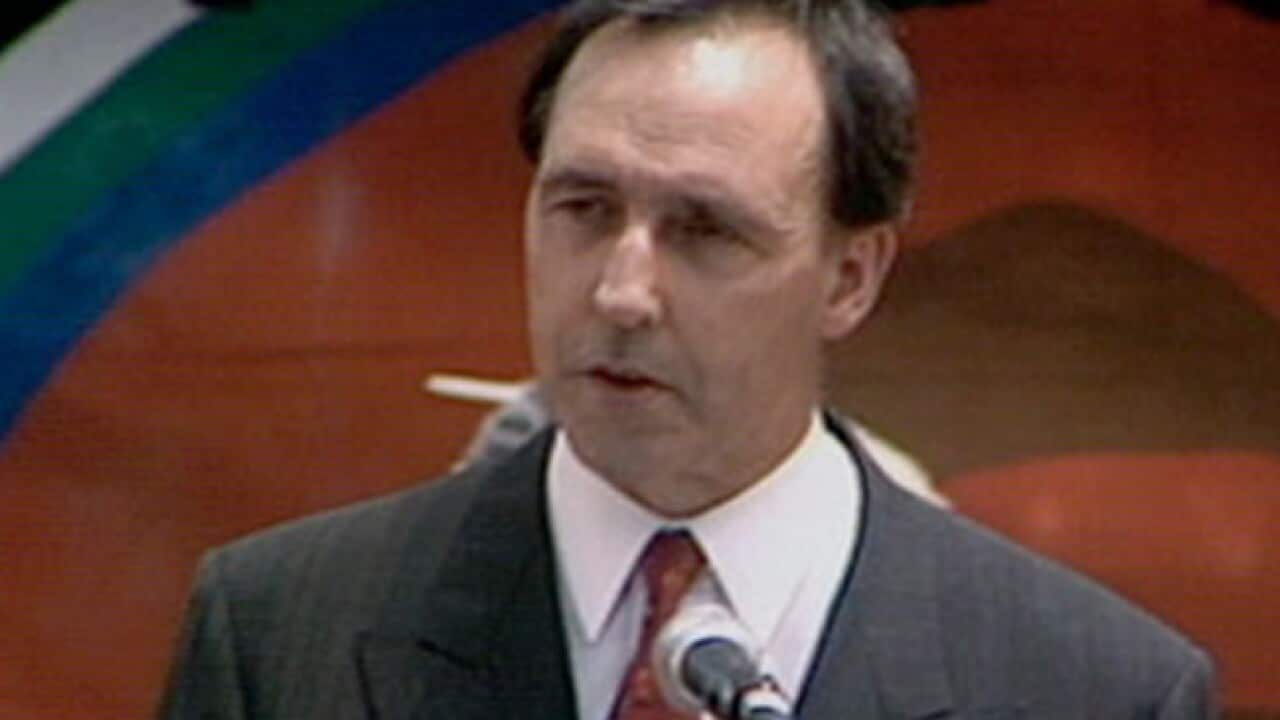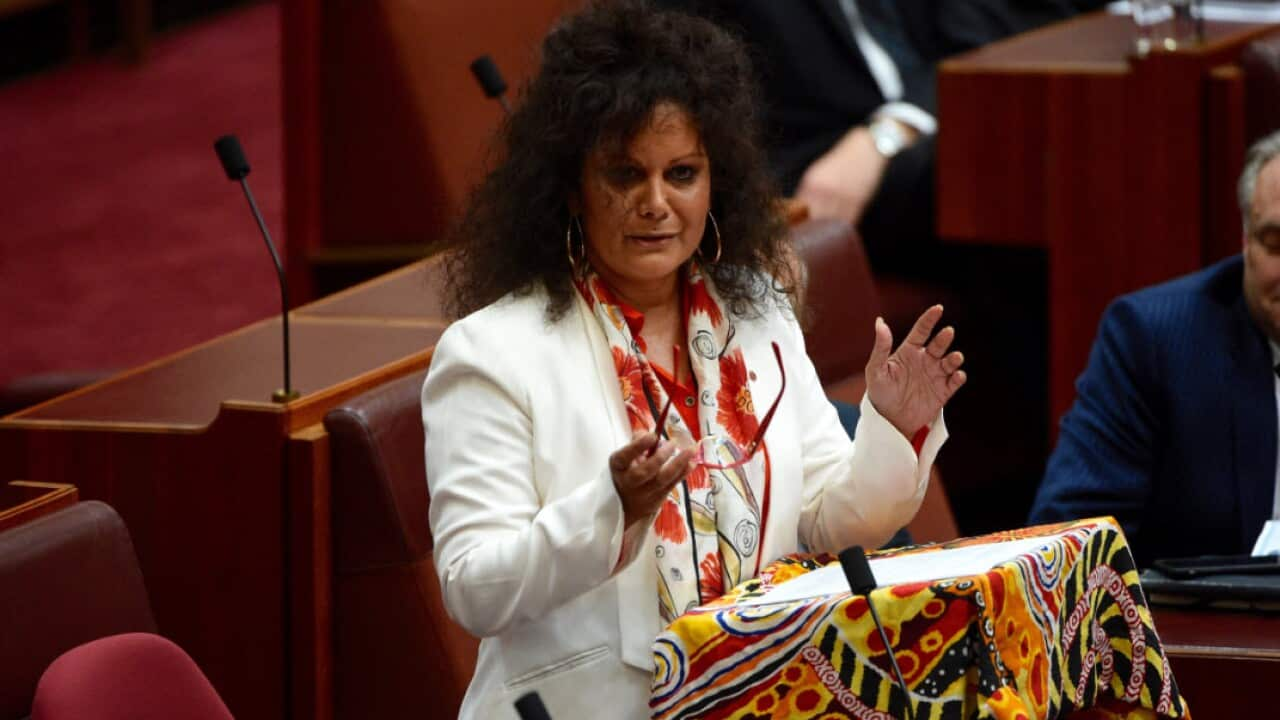Ask any middle-aged white bloke what the biggest problem Australia’s facing right now is, and it’s pretty likely you’ll get a two-word response. Not climate change, or nuclear weapons, or economic inequality, or Donald Trump, but political correctness.
If you’re to believe your uncle Merv when he’s three beers deep, the cab driver whose primary mission in life is to inform you of his entire political philosophy in the time it takes to drive to the airport, or people who wake up at 5am to secure a good spot in the talkback caller queue, political correctness is a scourge on Australia’s body politic, a cancer on democracy and a threat to the principles of liberty, freedom of thought and robust debate that our country prides itself on.
"There are certain popular assumptions and widely held opinions about Australian life that you can’t openly question"
And they’re absolutely right, though probably for different reasons than they think. We have more than a political correctness problem in this country. We have a political correctness crisis, a nationwide addiction to browbeating, shouting down or otherwise stifling any political debate or topic which makes certain sections of society feel uncomfortable. There are certain popular assumptions and widely held opinions about Australian life that you can’t openly question without breaching some unspeakable taboo, bringing down a rain of hypersensitive vitriol on your head and inviting everyone from the Prime Minister on down to have a crack at you.
That’s what just happened to Gunai/Kurnai man , who last week encouraged sports stars to take a knee during the national anthem at the AFL and NRL Grand Finals in protest against black deaths in custody and disproportionately high Indigenous incarceration rates.
Gorrie’s video callout was with furious denunciation, with everyone from Malcolm Turnbull to Karl Stefanovic lining up to call Gorrie’s words “divisive” and “ridiculous” and exhorting, North Korea-style, that “everyone should sing”.
LAURA MURPHY-OATES ASKS: HOW ARE BLACK PEOPLE ALLOWED TO PROTEST?

Colin Kaepernick and the right to protest on a public platform
Gorrie’s by no means the only Indigenous person lately to butt up against the boundaries of Australian political correctness for daring to suggest that race is a force that defines our history and continues to shape our present. Earlier this year, Indigenous rap duo A.B. Original earned similar censure for their latest single ‘January 26’, a song that urges an alternative national holiday on a date that doesn’t celebrate the start of European invasion. Rapper and Yorta Yorta man Briggs, A.B. Original’s co-founder, frequently finds himself on the receiving end of from people so fragile they can’t bear to even hear of someone having a different perspective on Australian identity to the one they hold.
That fragility does more than discourage; it stops our national conversation from moving past a point of crippling immaturity. Imagine a contemporary major party politician coming out and saying, bluntly and with no dancing around the subject, that Australia has a foundationally racist past that continues to have effects across our society today. The last one to do it was Paul Keating at the Redfern address, and that upset some poor dears like John Howard and historian Keith Windschuttle so much that they launched a campaign to rewrite Australian history that’s still continuing today.
READ MORE

20 years on: The Redfern Park speech
Australia’s political correctness problem around race has gotten so bad that you can’t use the word ‘racist’ to describe someone whose entire political career has been based on an explicitly racist platform, like Pauline Hanson. Or someone convicted of racial vilification in a court of law, like Andrew Bolt. In this scared, brittle worldview, racism has been magically solved by virtue of trying very hard not to think about it, and the only way anyone can be racist anymore is by mentioning the existence of race and racism.
Just as there are skeletons in the national closet that you Just Don’t Bring Up, there are certain national myths that you Just Don’t Question. Australia’s relentless lauding of the Gallipoli landings as the nation’s founding moment isn’t something we’ve always done; the holiday almost died out in the 1960s and ‘70s as anti-war sentiment came to the fore.
"The only way anyone can be racist anymore is by mentioning the existence of race and racism"
Now, though, anyone who questions the Hollywoodification of the ANZAC myth, or attempts to remind people that like soldiers everywhere, the ANZACs were real, flawed human beings in circumstances that forced many of them to do dreadful things—historians, academics, public figures— are routinely denounced as unpatriotic, “un-Australian” and potentially dangerous. In 2013, Andrew Bolt (yep, him again) compared historians pointing out holes in the ANZAC myth to Islamic extremist group Hizb ut-Tahrir.
When historians can’t even do their job without triggering a wave of hysterical name-calling, and Aboriginal Australians can’t talk about how racism impacts all our lives without being called racist themselves, you know the old men are right. Political correctness is eating Australia alive. If only they could give it a rest.
Alex McKinnon is a journalist based in Sydney. Most recently he served as political and opinion editor of pop-culture website Junkee and editor of the Star Observer, Australia's longest-running LGBTI newspaper.





